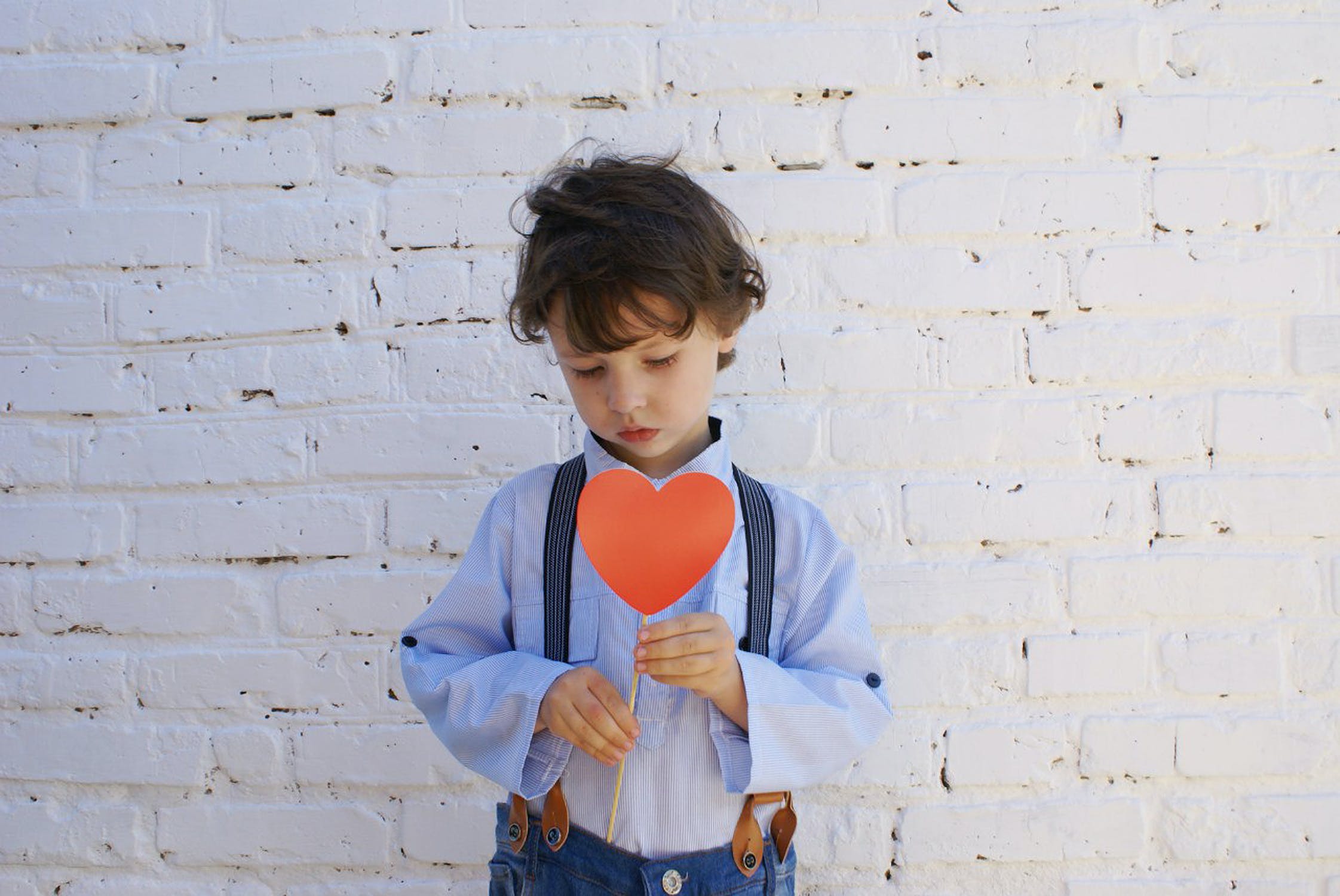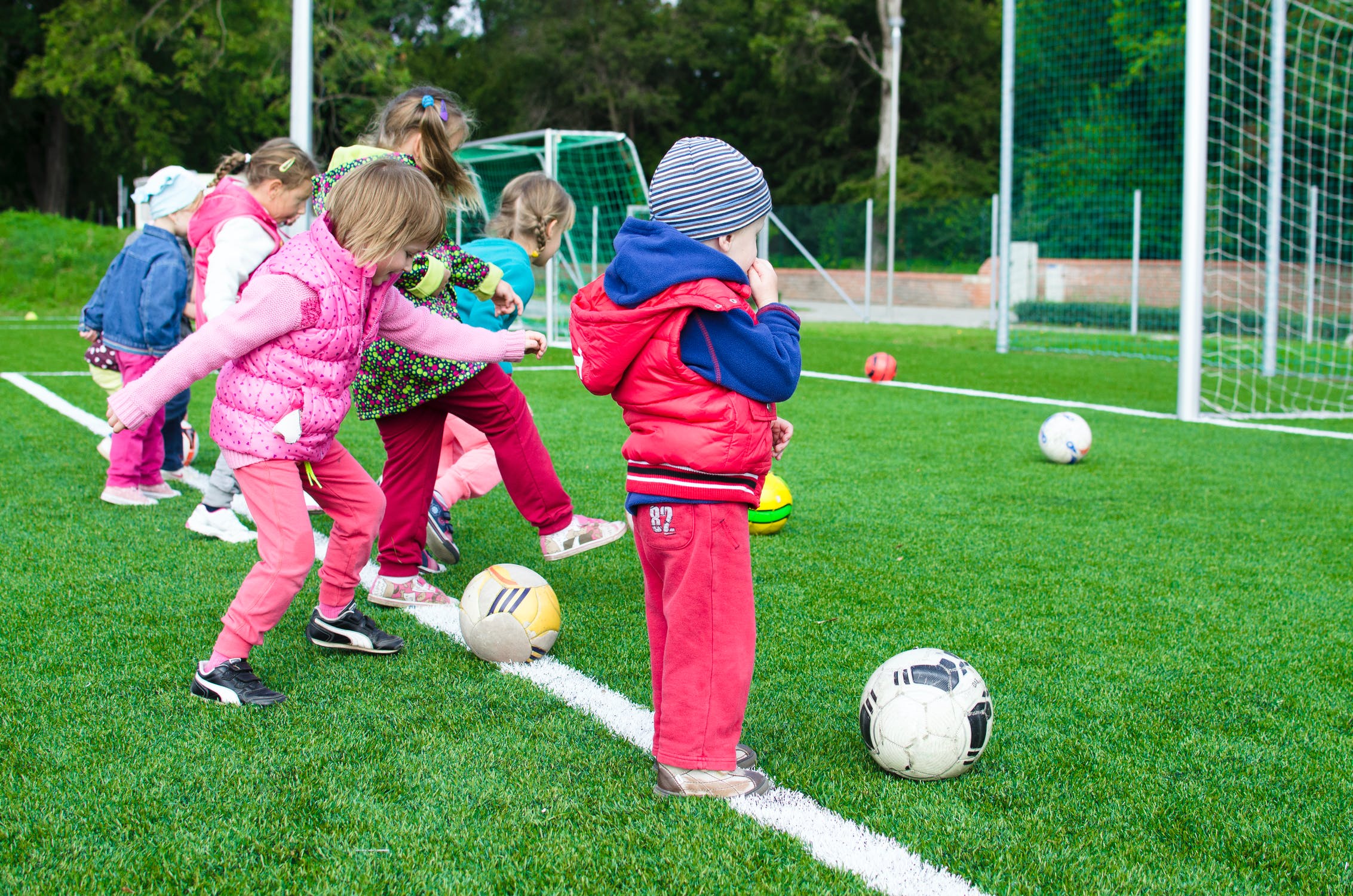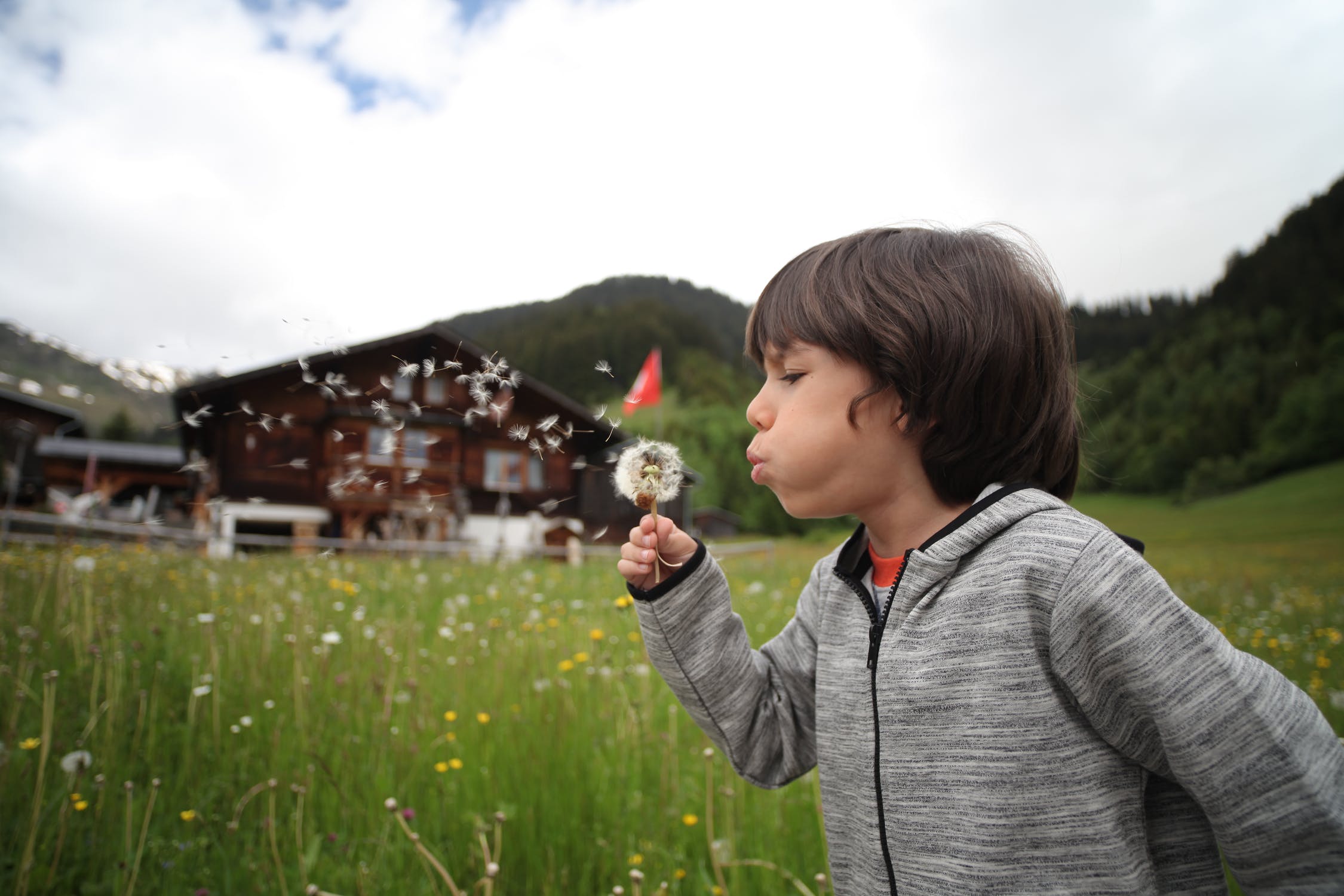Trending Now
I think that if there’s one thing that’s true about almost every parent out there, it’s that we’re doing our best. We might not have all of the tools, we might be overworked, emotional, struggling with our own mental health, or stretched too thin, but we’re not ever intending for those things to wreak havoc on our kids.
That said, we all make mistakes. According to parenting experts, a lot of us make the same mistakes, which can make us think that maybe they’re not mistakes, if everyone is doing them?
If you’re curious what the most common mistakes are that experts see, we’ve got 15 run-of-the-mill things you can work on fixing right here!
15. Making topics taboo.

Image Credit: Pexels
There are plenty of things that aren’t comfortable to discuss, like bodies and sex and predators, or even things like money, but avoiding it will just mean that they learn about it from someone else and not you.
If you want to make sure that you’re the one to give your kid the facts as well as nuance, you’ll need to make sure that you get there first.
14. Offering too many choices.

Image Credit: Pexels
Choices are good. They give our kids confidence and let them exercise control over their lives, and over time, help them become good decision-makers.
Just make sure you give them two or three options (all approved by you) and not unlimited ones – that’s overwhelming and could have the opposite effect.
13. Being hyper-critical of mistakes.

Image Credit: Pexels
Kids raised feeling unable to please their parents have a tendency to view everything through a lens of perfection – or lack thereof – and struggle with the fallout when they make inevitable mistakes.
This could lead to poor self-esteem or even self-harm, neither of which are components of a healthy human being.
12. Doling out too much praise.

Image Credit: Pexels
You want your child to try their hardest and do their best even if there’s no verbal “payoff” at the end.
It’s also important to praise the effort more than the outcome, and try to avoid praising your child for things they cannot control, such as their intelligence or looks.
11. Not limiting screen time.

Image Credit: Pexels
Screens are tempting for all of us, and I don’t know a single parent out there who hasn’t given in to the begging for more television time just so they can get another hour of alone or work time in the house.
That said, experts know best, and too much time removed from reality isn’t good for any of us.
10. Trying to force your child to be happy.

Image Credit: Pexels
No one can make you happy – it’s something you have to learn to do for yourself.
Letting your child figure that out from a young age will help them avoid numerous relationship pitfalls as they grow.
9. Not letting them get bored.

Image Credit: Pexels
Boredom is where creativity begins, but too many parents these days think that kids need to be entertained and stimulated all the time.
It’s not your job to constantly engage and perform for your kids – if you do, they’ll never learn how to do it for themselves.
8. Overindulging them.

Image Credit: Pexels
Things don’t equal happiness – at least not the kind that lasts – and giving your kids everything they want the moment they want it will set them up for disappointment and failure in the future.
The more they chase that shiny new thing, only to get it and realize they’re still not satisfied, is behavior that leads to addictions, compulsions, and never being content with where they are.
7. Shielding them from (reasonable) consequences.

Image Credit: iStock
Chickens always come home to roost, and for every action we take and decision we make, there exist natural and sometimes inevitable consequences.
If your child is physically safe, it’s important to let them feel these consequences so that they’re able to learn from them – you might be a great teacher, but I promise experience is an even better one.
6. Signing them up for too many activities.

Image Credit: Pexels
Kids need down time and to be able to relax as much as adults do, and research shows that kids who are over-scheduled tend to burn out at best.
There are plenty of case studies that show their own unhappiness spilling over to others, too, with kids becoming bullies to take out their frustrations.
5. Not letting them take risks.

Image Credit: Pexels
Schools like the Forest Kindergarten prove that there are multiple and proven benefits for letting your kids have a long leash while exploring, especially outdoors.
Those kids who are allowed free, outdoor play tend to get sick less, are better adjusted, and get along better with their friends than those who are always in indoor, structured environments.
4. Treating intelligence like the most important character trait.

Image Credit: Pexels
Intelligence isn’t something a child can achieve; it’s something they’re born with or not. Smart isn’t the best or most important thing a child can be – they can be kind, involved, helpful, or dedicated, too.
Kids who are led to believe that being smart is the best thing to be can lead to arrogance, judging people they believe are “stupid,” or putting on an act to constantly seem like the smartest person in the room.
These kids? They don’t have many friends.
3. Not checking in at bedtime.

Image Credit: iStock
Kids need to know that they have a soft place to land, and a ready ear to share the ups and downs of life with – you need to be that person.
Whether it’s dinner time, bath time, or bed time, make sure you’re making time to ask “what happened today?” before your kids lay down to sleep.
It’s easier for all of us to sleep when we’re unburdened, and nothing feels better than knowing someone is there who cares.
2. Leaning too hard on religion to teach morality.

Image Credit: Pexels
Putting anything or anyone on too high a pedestal is a recipe for disaster – the first time the church, someone in the church, or even you or your partner do or say something you’ve told them is “bad” they’ll lose all sense of direction.
There’s no way to stop that house of cards once it starts to fall, so it’s better to talk about the fact that everyone is human, no matter how strong their belief system, and we all falter in our attempts to become “good” people.
1. Not reading to your kids.

Image Credit: Pexels
Reading teaches young children to sit still, to listen instead of talking, to use their imagination, and it also provides a sense of connection between the reader and the child.
Not only does it prepare them for listening in school and to use their imagination, their vocabulary will grow by leaps and bounds.
I’m definitely guilty of some of these, how about you?
What would you like to fix the most about your own parenting style? Let’s confess in the comments!






